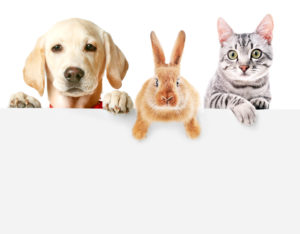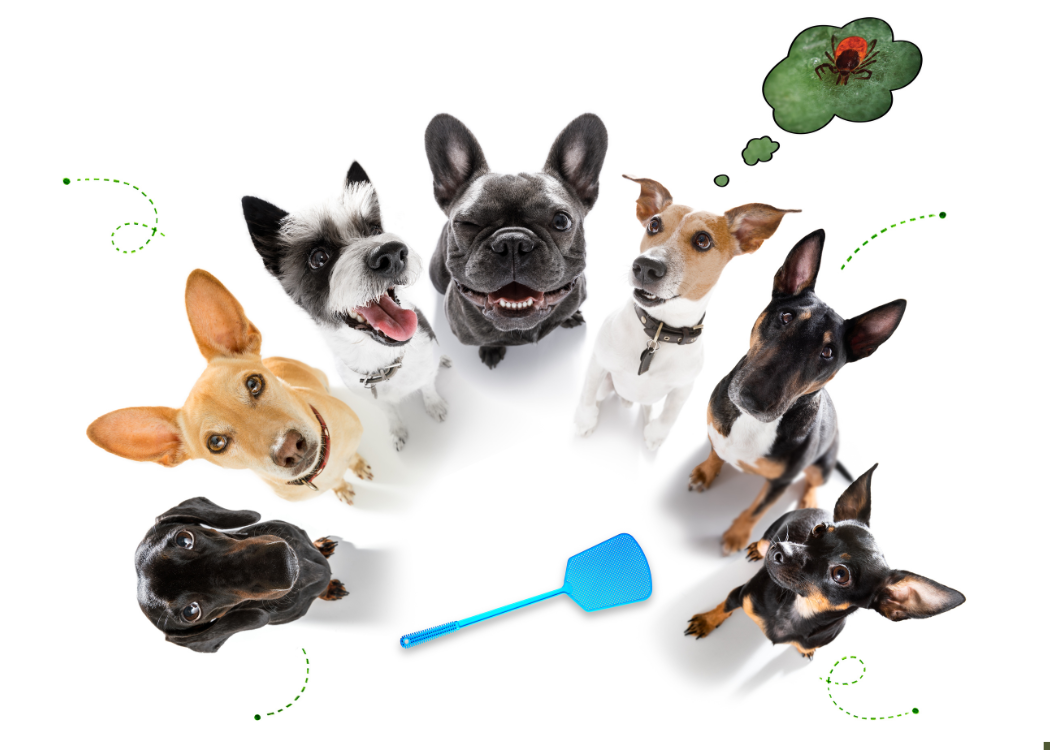Pet nutrition tips from an Appleton Veterinarian
Your pets nutrition is important to take into consideration to avoid health issues that could cost you in the long run. Here are some nutrition tips for the most common house pets from our team of veterinarian‘s in Appleton, WI:
Dogs and Cats:
- Balanced Diet:
- Choose high-quality commercial pet food that is balanced and appropriate for your pet’s life stage (puppy/kitten, adult, senior). At Animal Medical Center, we offer high quality food that are great for dogs or cats with special dietary needs. We offer food for your healthy pet too!
- Look for products that meet the standards set by organizations like the Association of American Feed Control Officials (AAFCO).
- Protein:
- Dogs and cats require a diet rich in animal-based protein. Look for meat as the first ingredient in their food.
- Fat:
- Adequate fat content is important for energy. Ensure a balance of omega-3 and omega-6 fatty acids for skin and coat health.
- Avoid Human Food:
- Certain human foods can be toxic to pets (e.g., chocolate, onions, grapes, alcohol). Avoid giving them these foods.
- Fresh Water:
- Always provide fresh, clean water. Hydration is crucial for overall health.
- Portion Control:
- Follow feeding guidelines to prevent obesity. Adjust portions based on your pet’s age, size, and activity level.
- Regular Vet Check-ups:
- Schedule regular veterinary check-ups to monitor your pet’s health and discuss their diet.
Birds:
- Pelleted Diets:
- Provide a balanced pelleted diet formulated for your bird’s species.
- Fresh Vegetables and Fruits:
- Supplement with fresh vegetables and fruits. Avoid avocados, onions, and high-fat items.
- Variety:
- Offer a variety of foods to ensure a diverse nutrient intake.
- Calcium:
- Birds need calcium for bone health. Provide cuttlebones or mineral blocks.
- Clean Water:
- Ensure clean, fresh water is always available.
Small Rodents (Hamsters, Guinea Pigs, etc.):
- Hay:
- Hay is a crucial part of the diet for animals like guinea pigs and rabbits. It aids digestion and wears down their teeth.
- Pellets:
- Choose commercial pellets designed for your pet’s species.
- Fresh Vegetables:
- Provide fresh vegetables and occasional fruit. Avoid high-sugar items.
- Chew Toys:
- Chew toys help maintain dental health.
Reptiles:
- Species-Specific Diet:
- Different reptiles have different dietary needs. Research and provide a diet specific to your pet’s species.
- Calcium and Vitamin D:
- Reptiles often need calcium and vitamin D supplementation. Consult a vet for proper dosage.
- Hydration:
- Ensure proper humidity levels and provide a water source appropriate for your reptile.
- Variety:
- Offer a variety of insects, vegetables, and fruits based on your reptile’s requirements.
Being an Appleton, WI pet owner, you understand that our beloved pets need the proper care and nutrition to maintain a happy and healthy life. Always consult with a veterinarian to tailor your pet’s nutrition to their individual needs. Nutritional requirements can vary based on species, age, health status, and other factors. Remember, they can’t tell us whats wrong so if you think they are not acting right, please book an appointment with your nearest Appleton vet to avoid serious health risks!




